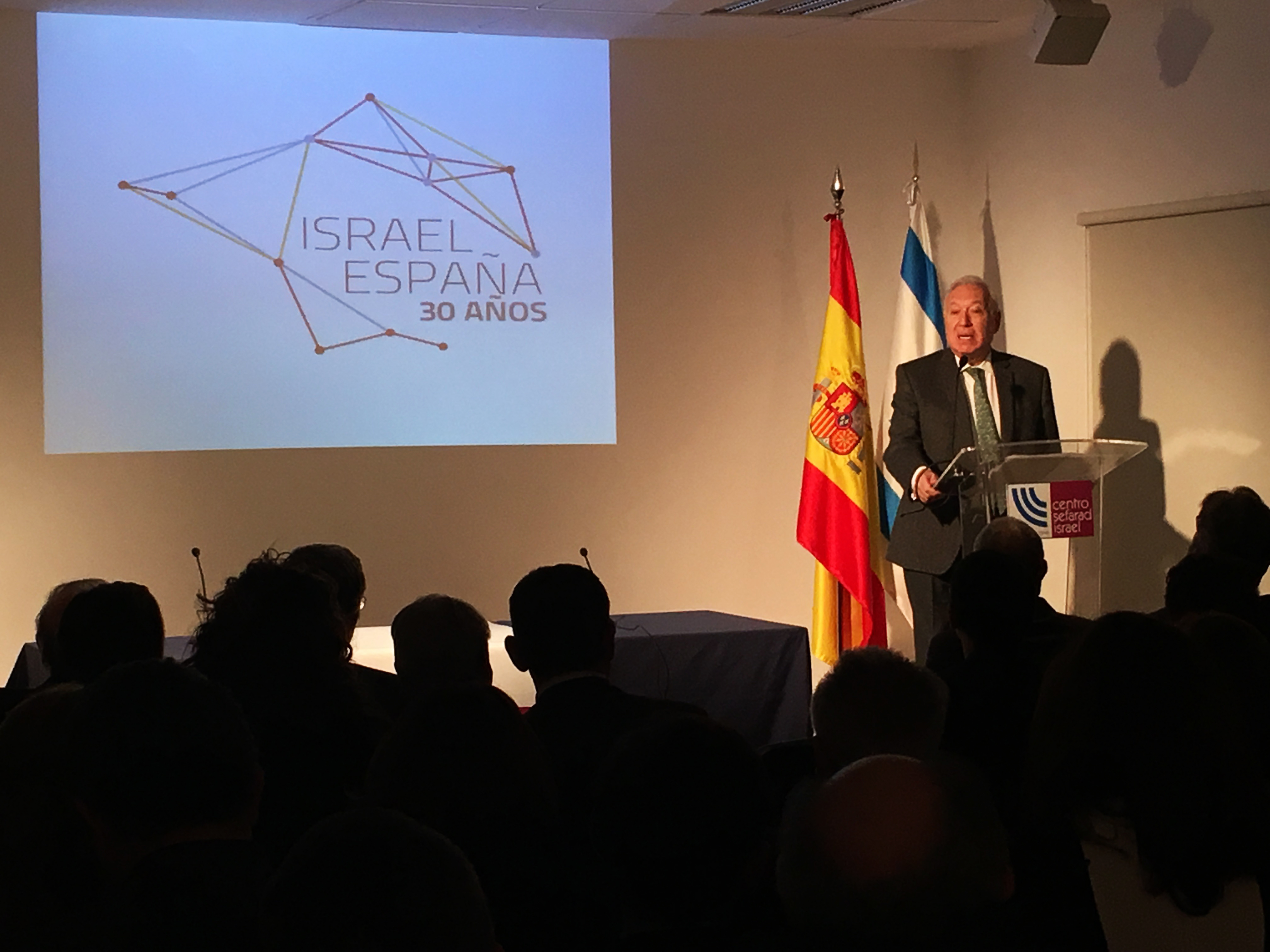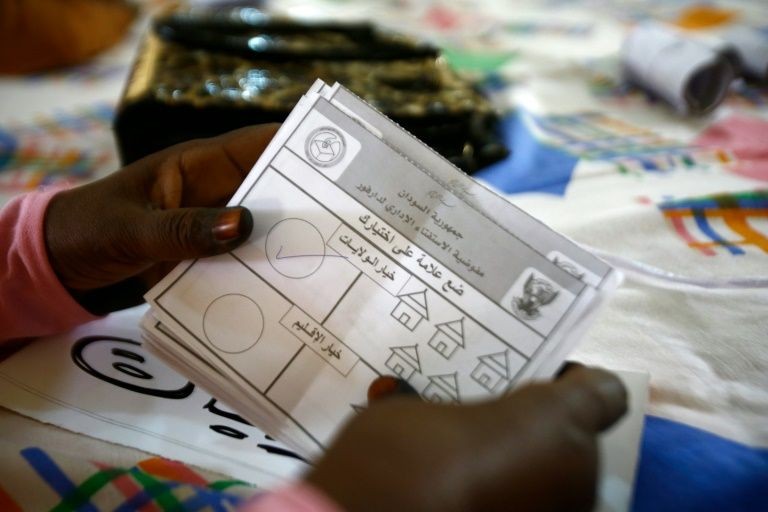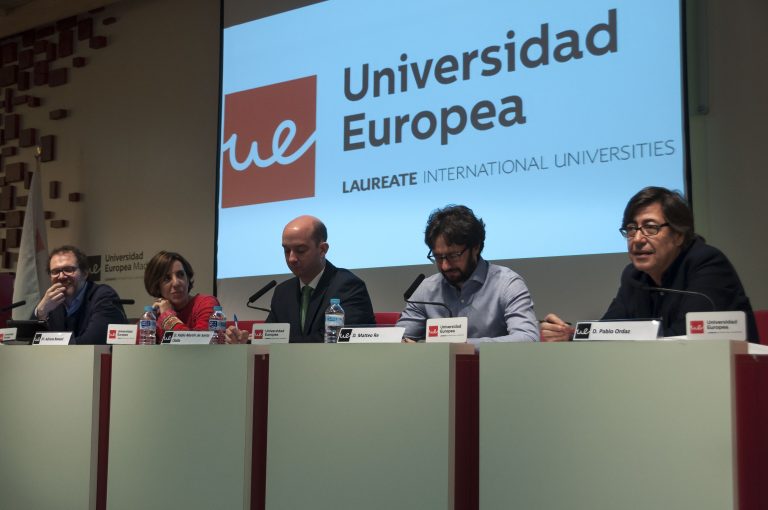I first met Antonio Manuel Reyes on the plane from Frankfurt to Madrid on a cold January evening, he was on his way to take part at a conference about minorities hosted by the UN. Mr Reyes, an International Relations graduate himself , started his impressive career by joining the UN in Vienna back in the 70s and since then he has successfully led development programmes in Latin America/West Africa, worked as a career diplomat in the Caribbean and held advisory positions in his native Philippines.
After talking on the plane, we kept in touch via email, so when I had the chance to cover the Philippines for my interview I felt it would be natural to consult mr Reyes on skype as he is possessing valuable information about the region.
He started off by explaining the political and economic situation in the Philippines, which he characterises as “chaotic and severly mismanaged” and he adds that authorities in Manila have lost touch with reality as they, in his words ”neglect the most basic of rights and undermines sustainable growth, favouring the elite and marginalizing the increasing number of poor.”
I further ask him to elaborate on this lack of sustainable thinking by the authorites and how the formidable economic growth is only benefitting a few. “I saw the same thing in Nigeria, vast oil reserves that is increasing GDP, boosting spending, however the overall picture remains the same, we are moving in circles, facing over-population and lowered quality of life. Economic growth is one thing, sustainability something else” I ask him about how the Philippines compare with other countries in the region, and if there is a pattern.
He takes a deep breath and explains me how the Philippines is still troubled by its past and how todays society inherited large structural problems in terms of lacking infrastructure, nepotism, bureaucracy and corruption. “Philippines is plagued with a sense of two steps back – one step forward mentality, in which we lack the basic tools to create a shift in living conditions seen elsewhere in in East Asia.”
“What we need is proper governance, and to increase our share of the world trade. Philippines possess vast human resources, and in many ways we could be the next Asian tiger, if we reshape our policies and manage to get people out of poverty.”
“I believe the Philippines will play an increasingly important role in the next few years, and its strategic position in the pacific could allow for new trade opportunities. We need to become a regional player, turning Manila into a hub for commerce. So much potential and more than 7000 islands, could you imagine!”
He then talks about the pitfalls of rapid population growth and how to address them, as I move on with my questions. How is the high birth rate and young population affecting the country, I asked. “Look at Indonesia, in many ways similar Geography, but a different way of tackling the massive population growth and the transition into a growing power, the secret lie in their Governance and how leaders are able to empower the younger generation, fostering innovation and giving the new generation new ideas. We need to change our mindset.”
I continued our interview, Mr Reyes seemed more enthusiastic than ever. What about relations with China in the East Asian Sea? “The Philippines depend on China as a trade and diplomatic partner, a partnership deemed very beneficial to our country. However, some matters need a firm hand, and geopolitcally speaking Philippines is not afraid of sticking to their principles, in this case it means to fight for something that could be considered rightfully ours”
Territorial disputes he said in the area is extremely widespread and 8 countries are currently fighting over vast areas of land. “Its all about the crude oil and controlling the supply routes to and from the South China Sea, something especially China is very keen on doing.”
“They have strong interests there, China is seeking energy independence. Controlling Malacca is a long lost battle, therefore they want something they can depend on” “I believe the Philippines should act carefully in the region, sometimes compromises need to be made” I gave him a puzzled look, but you just said the opposite?
“Well, it was my initial thought. However, I do understand the complexity of the issue. You have to ask yourself, if a good or bad relationship with China is more important” I answered him, saying integrity and predictability could be considered important in high politics. We need to get to grips with domestic matters, address the big challenges. Soaring unemployment, generations of filipinos growing up outside the world economy. Thats our challenge. Then we take on China”
I do feel I benefitted from talking to Mr Reyes as he is now turning 75 and have experienced a myriad of changes in politics and society. His background from diplomacy makes him very relevant when studying IR and he is possessing invaluable skills.




